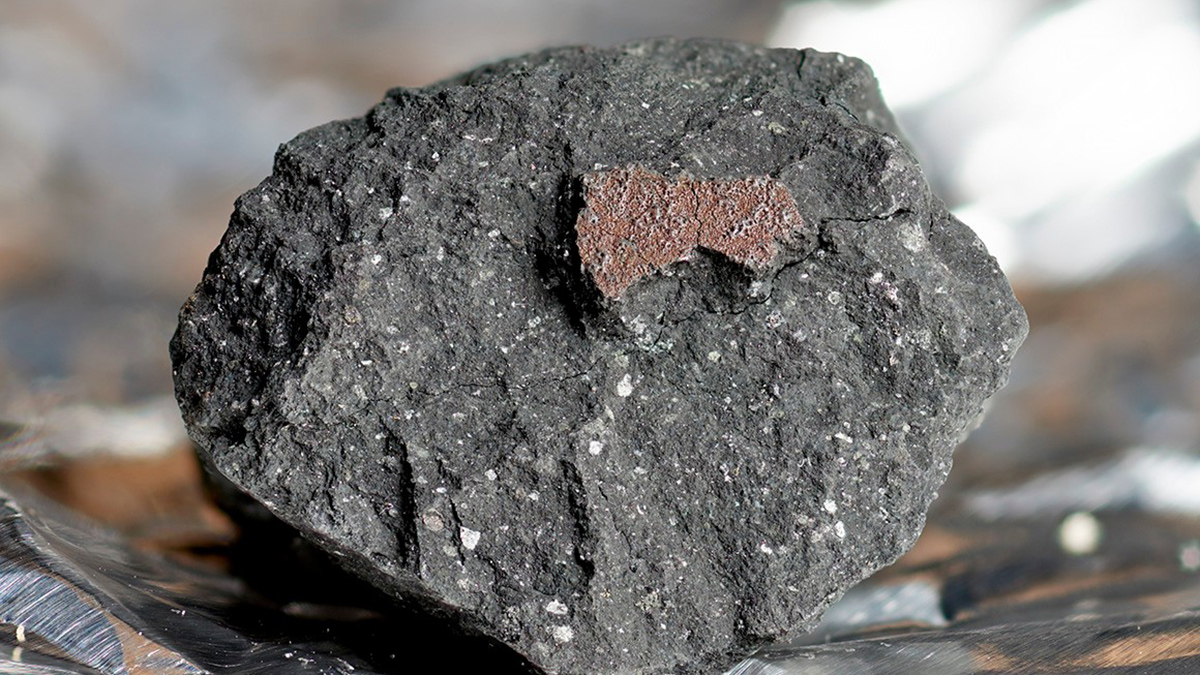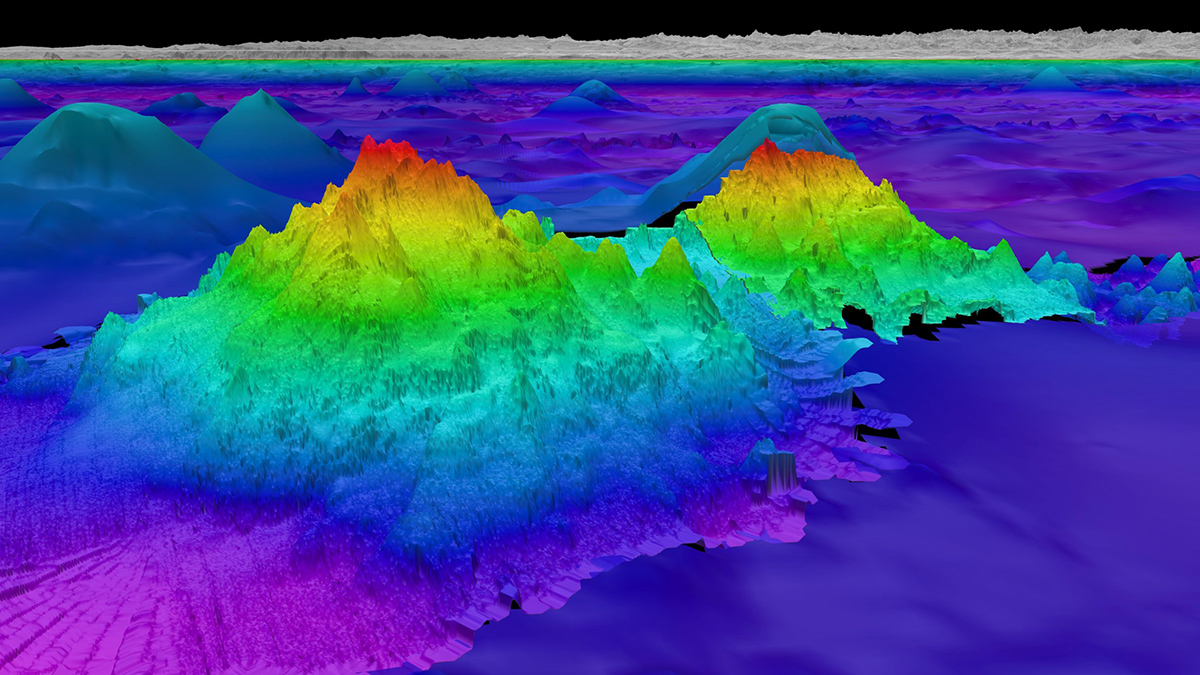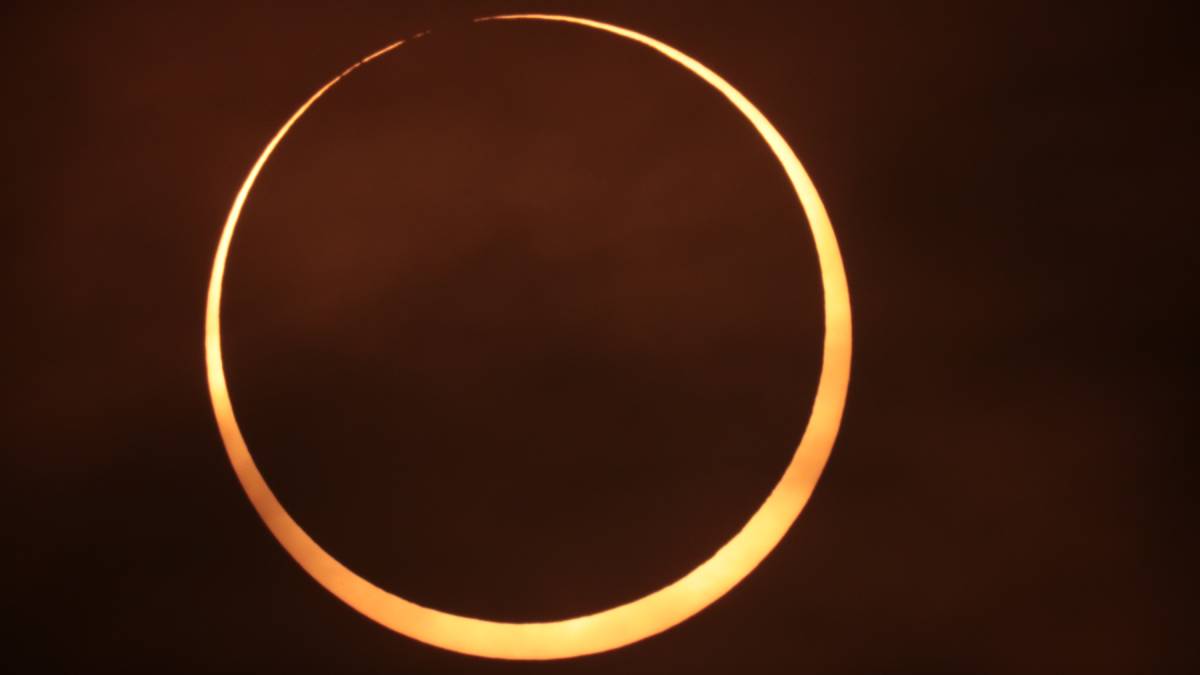A new analysis of flood exposure shows many residential buildings at risk as sea levels rise.
crowdsourced science
A Splashy Meteorite Was Forged in Multiple Collisions
The Winchcombe meteorite was recovered, largely from a driveway, just hours after it fell to Earth, preserving evidence that its early relatives could have filled Earth’s oceans.
Radioamadores Foram Usados Para Obter Informações sobre a Ciência Ionosférica Durante o Eclipse
Operadores de rádio amadores que estudam a física espacial e a atmosfera superior investigaram a resposta da ionosfera ao eclipse solar anular de 2023 usando transmissões de ondas curtas.
Tatooine, Trisolaris, Thessia: Sci-Fi Exoplanets Reflect Real-Life Discoveries
After astronomers discovered exoplanets wildly different from Earth, exoplanets in science fiction became less Earth-like, too.
New Seafloor Map Only 25% Done, with 6 Years to Go
Beneath the waves, the vast majority of the ocean is unknown. Seabed 2030 is using cutting-edge technologies to fill in the bathymetric blanks and fully map the seafloor.
Total Eclipse of the Sun
Things are looking up as millions of North Americans prepare to be dazzled by a celestial spectacle.
Eclipse Science Along the Path of Totality
When a total solar eclipse sweeps across the United States on 8 April, scientists and enthusiasts alike will be there to document it.
Ionospheric Fireworks Illuminate Auroral Science
A sounding rocket experiment set off a spectacular nighttime light show over Scandinavia as it produced new insights into ionospheric behavior near an aurora.
Ham Radios Crowdsourced Ionospheric Science During Eclipse
Amateur radio operators who study space physics and the upper atmosphere probed the ionosphere’s response to the 2023 annular solar eclipse using shortwave transmissions.
Crowdsourced Science Pulls Off a Daring WWII Data Rescue
Newly declassified documents are making wartime weather observations in the Pacific Theater more robust, and could improve climate models today.










